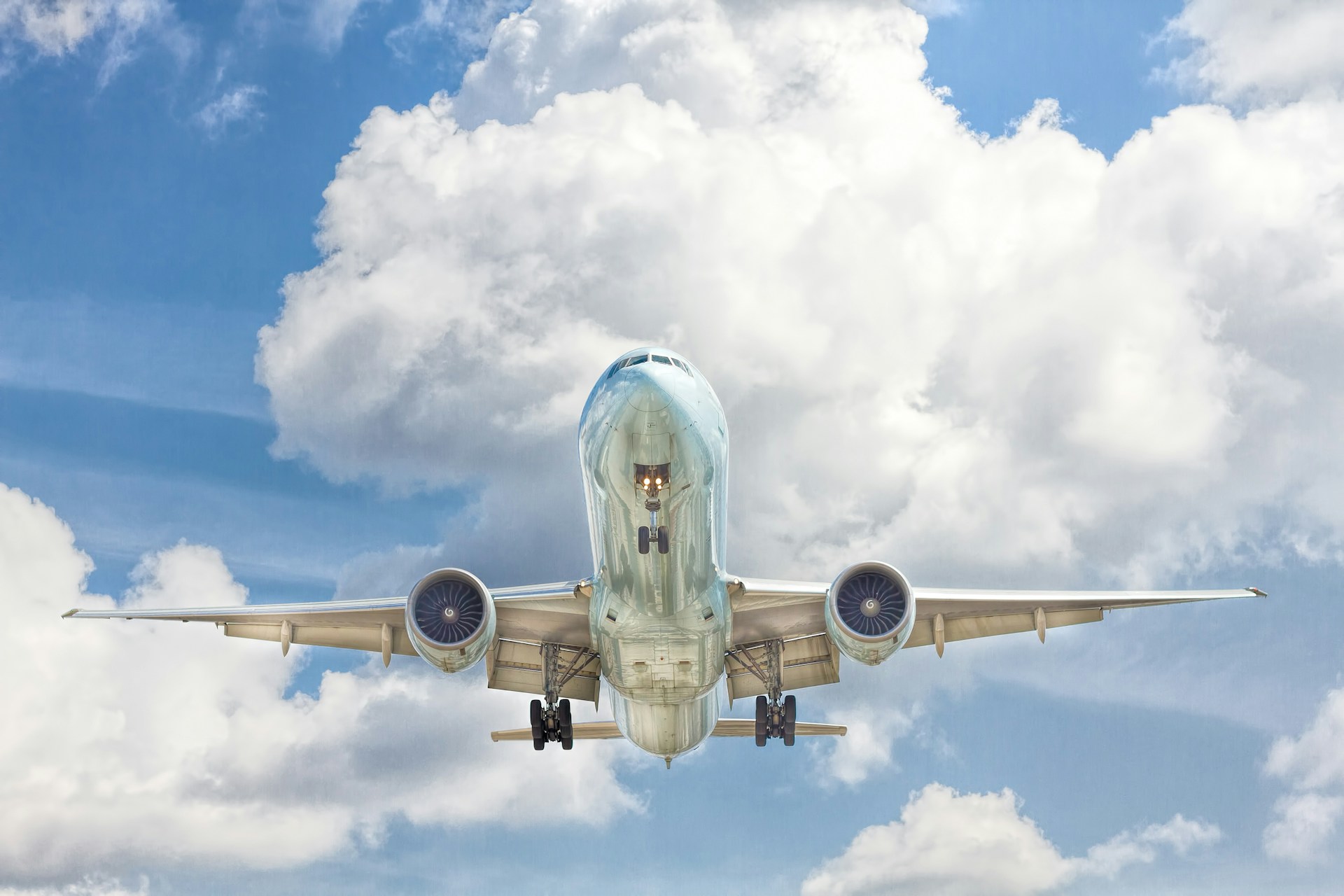
Globalization and technological advances have made international corporate travel increasingly common. Companies of all sizes, see strategic value in sending employees abroad, to establish overseas offices, meet with clients, attend conferences and trade shows, and manage cross-border operations.
While international business travel enables valuable in-person relationship building and first-hand market research, it also carries risks. Employees traveling for work face health and safety concerns, the potential for lost or delayed luggage, and liability exposure for the company.

Through proactive planning and employee education, companies can instill confidence in their workforce, knowing they have reliable global support in any unexpected situation. With Irish travel insurance, businesses can promote peace of mind and ensure smooth travel experiences for their employees, ultimately enhancing productivity and morale.

Companies send employees on trips for many reasons. The most common types of corporate travel include:
Employees often take short 1-3 day domestic trips to meet with clients, visit branch offices, attend meetings, or conduct training. These quick trips may seem low risk but delays, canceled flights, lost luggage, and illnesses can still occur.
Some employees embark on longer 1-6 month international assignments to manage overseas projects, oversee new office openings, or provide expertise. These extended stays come with additional logistical, health, and safety challenges.

Companies will assemble project teams to tackle initiatives in new locations. Getting a group of employees to an offsite destination safely and returning them home without incident requires planning.
Hosting or attending conferences and events is standard business practice but comes with liability if anything happens to attendees. Venues may require proof of insurance.
High-risk trips involving adventure activities, remote work sites, or dangerous locations will need plans with hazardous sports coverage, 24/7 emergency services, and high medical limits. Lower-risk domestic trips may only require basic medical expenses, trip cancellation, lost baggage, and trip delay protection.

